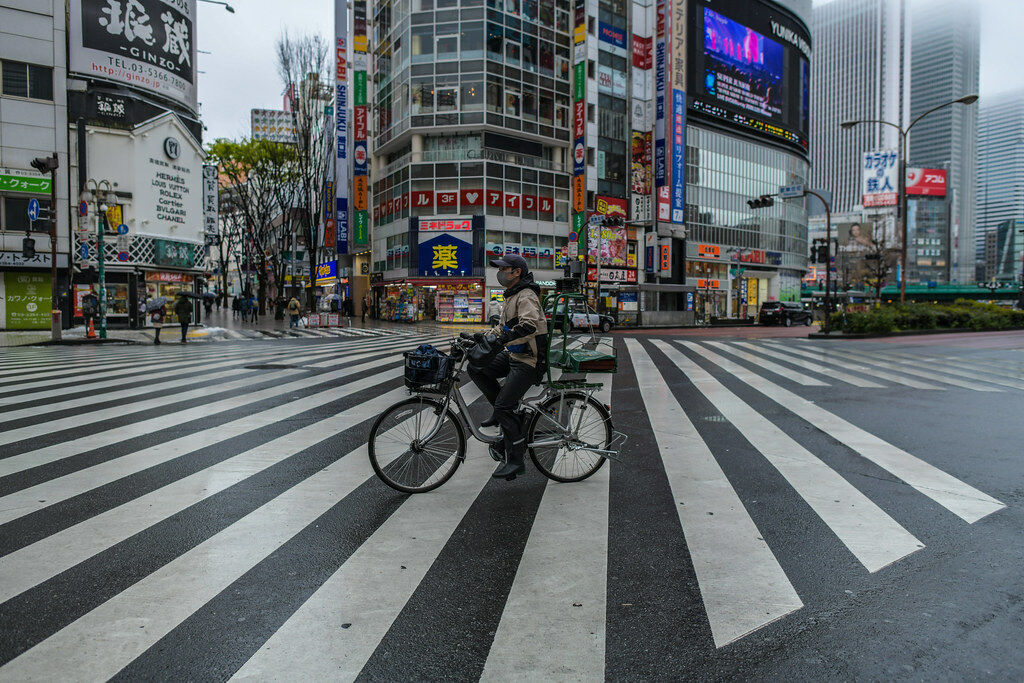Japan’s population predicted to fall to 87 million by 2070, with foreign residents making up 10.8%

Japan’s population is expected to experience a significant decline over the next few decades, with predictions that the total number will fall to 87 million by 2070, representing a 30% decrease from 2020 figures. As the nation grapples with the challenges of an ageing population, this decrease suggests that in the coming years, the government will likely need to rely increasingly on foreign workers to compensate for the diminishing workforce.
At present, Japan’s population stands at 126.15 million, however, this figure is anticipated to drop to below 100 million by 2056, according to the National Institute of Population and Security Research’s latest projections. It is predicted that by 2070, foreign residents, including students and workers who have lived in the country for over three months, will constitute 10.8% of the population, a substantial increase from the 2.2% seen in 2020. This highlights the necessity for the government to attract additional international workers as the working-age population continues to decrease.
By 2070, it is estimated that individuals aged 65 or above will make up 40% of the country’s total population, with around 33.67 million falling into this category. The government is set to utilise this revised data starting next year when calculating future pension payment plans.
In light of this, the government is said to be considering extending the opportunities available for skilled foreign workers to obtain long-term work visas. This could potentially expand the number of eligible fields from three to 12, with industries such as food service being added to the list. If implemented, workers would be permitted to stay in Japan for extended periods and would be allowed to bring their families with them. These changes could come into effect as early as June, according to the Nikkei newspaper.
Japan has long grappled with a worsening labour shortage across numerous sectors, primarily due to the country’s rapidly ageing population. However, the government has been reluctant to open its doors to a large-scale influx of foreign workers. This presents another challenge in addressing the nation’s labour market issues, particularly as the population decline accelerates.
Currently, the majority of Japan’s migrant workers come from countries such as Vietnam, Indonesia, and the Philippines. The proposed changes to the work visa system could offer a lifeline to these workers and their families, providing them with greater opportunities to establish a life in Japan. It will also help alleviate the strain on the country’s shrinking workforce, thus contributing to mitigating the adverse effects of the ageing population.
Japan’s ageing population and the subsequent reduction in working-age citizens underscore the need to reassess immigration policies concerning foreign workers. As the country’s population declines, the government will have to adapt to these changing demographics and embrace the influx of international talent to maintain economic stability and growth.
Latest Thailand News
Follow The Thaiger on Google News:


























